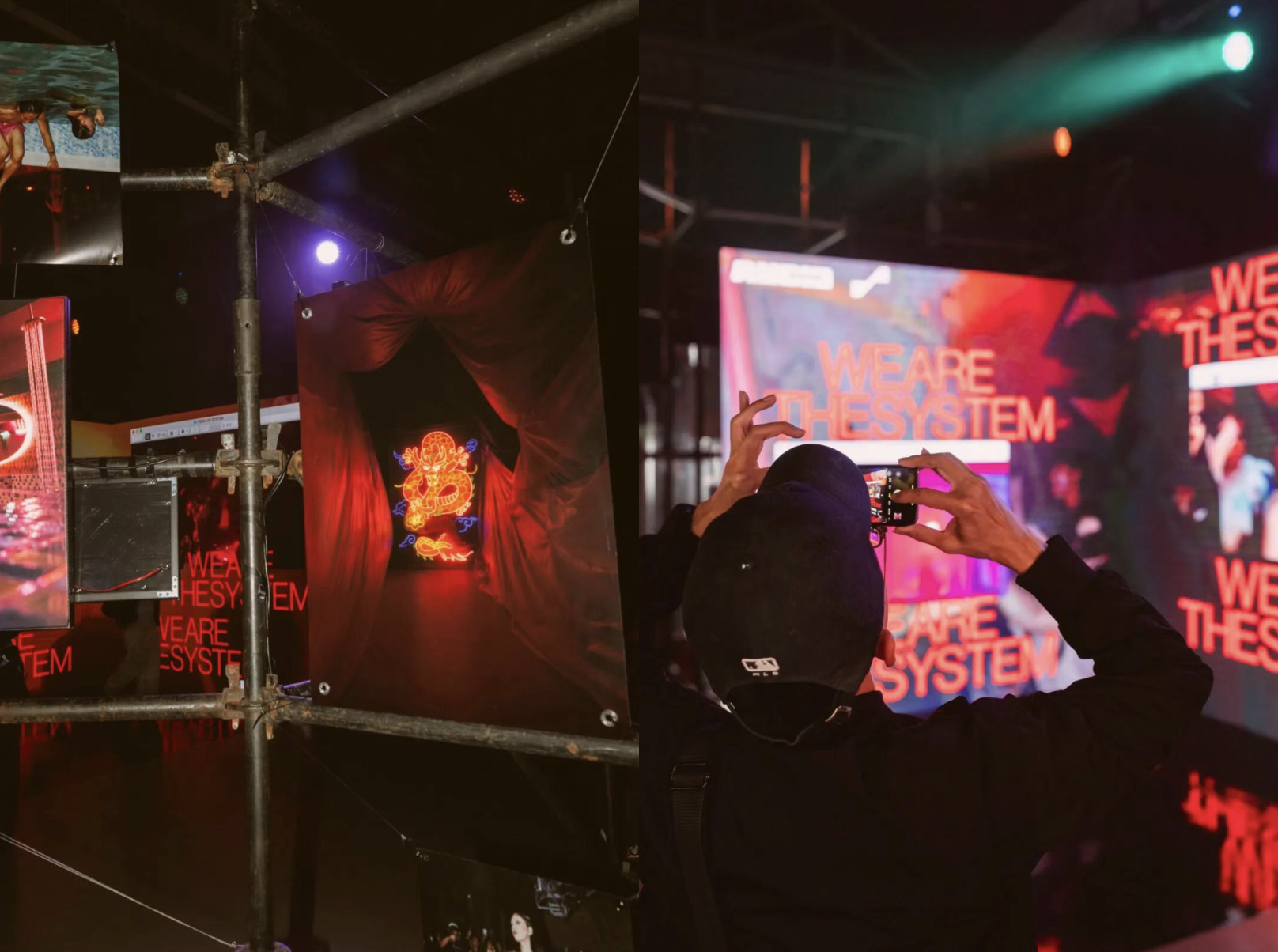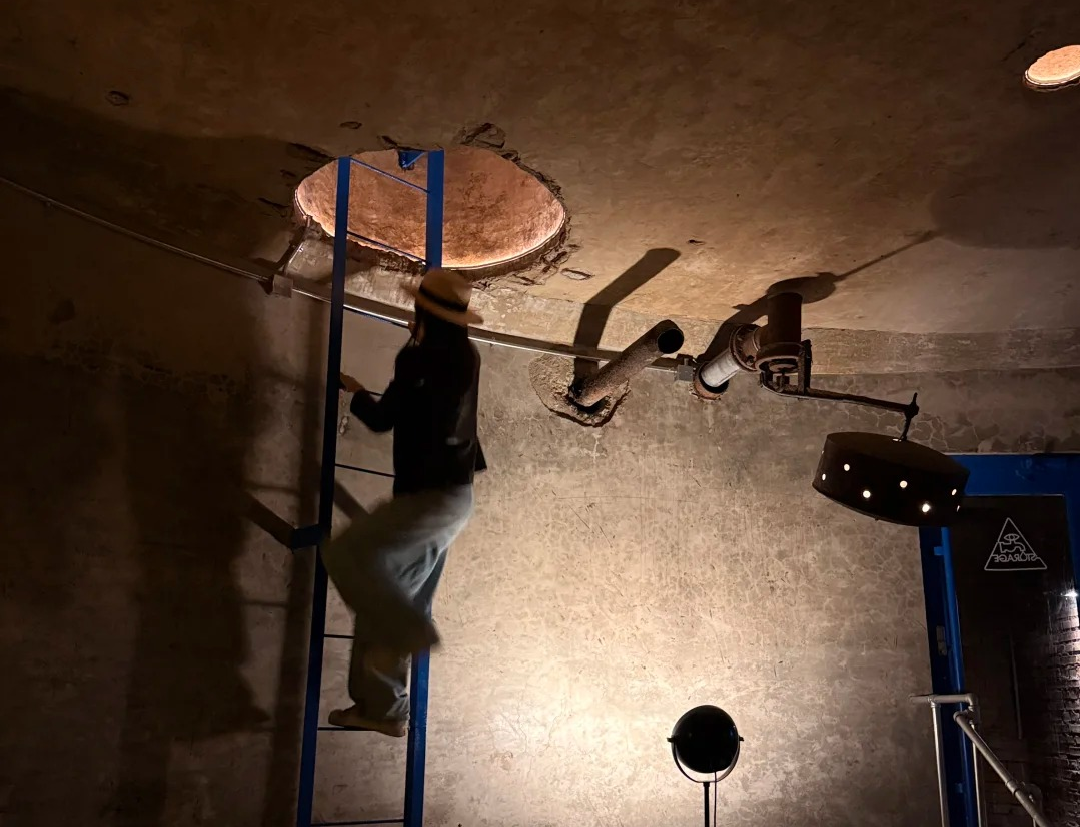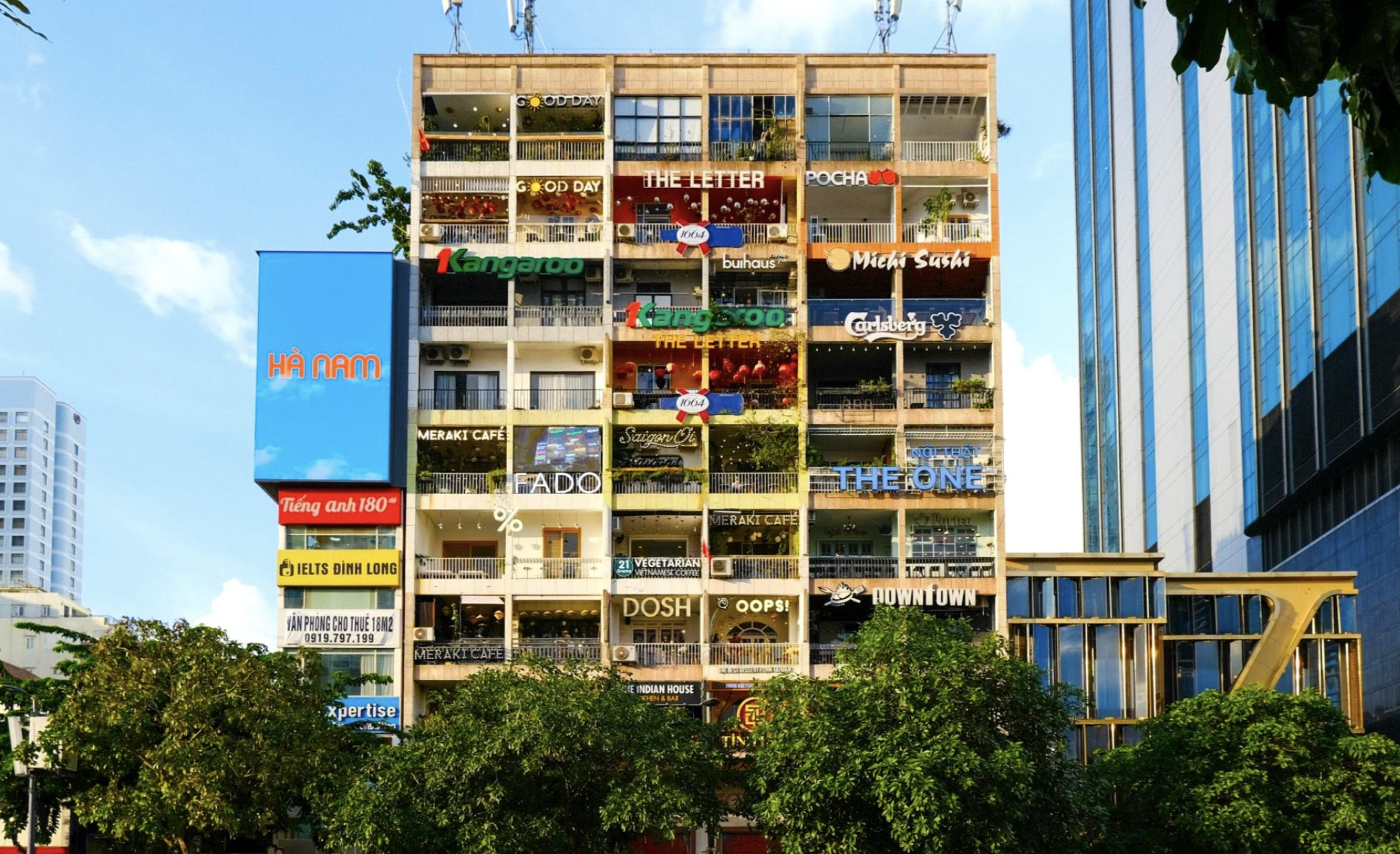Into the Night is a monthly series exploring China’s vibrant nightlife scene and the roster of young people that make parties in the country so damn fun. This month, we explore how Shanghai nightlife has suffered as a result of the city’s recent Covid-19 lockdown.
Surrounded by piles of stools and empty tables, Ilya Khokhlov sits at the bar counter while busily chatting with a pair of handymen. “We were closed for over two months, so we have to deal with a minor mold issue,” he says, pointing at a concrete wall.
However, mold on the walls is far from The Drinkery’s biggest threat to survival. Khoklov’s bar in Shanghai’s central Huangpu district has been nearly crippled by the city’s recent lockdown.
One of the most heavily affected industries during Shanghai’s lockdown throughout April and May, the food and beverage (F&B) sector is still floundering; neither closed nor fully open, many businesses are still stuck in limbo.

After the lockdown was lifted in some parts of Shanghai on June 1, restaurants and cafes were only allowed to open for takeout. And since Wednesday, June 29, select F&B outlets have been permitted to gradually resume dine-in services.
However, citizens who are not fans of dining out and miss boozy nights and sweaty dancefloors will have to wait longer since clubs are not prioritized in the gradual opening.
Deliveries and Bars Are Not Close Friends
With years of F&B consulting experience in Shanghai under his belt, Khokhlov, 26, opened The Drinkery with two partners in June 2021. “We call [opening] this place a prank that went too far,” jokes Khokhlov about his bar, which, prior to the pandemic, was one of the hottest spots in town. Regulars frequented The Drinkery for reasonably-priced and high-quality cocktails served in a down-to-earth environment — or, as the bar’s owners like to call it, a “cut the bullshit bar.”
The Drinkery sits on a quiet road and labels itself a ‘destination bar.’ Packed on most nights, it had to close its doors to the public as early as mid-March, as bars and nightclubs in Huangpu were among the first to be shut down.
More than three months later, customers are still not allowed to consume their cocktails inside or in front of the bar.
Even though the team was able to arrange deliveries during the lockdown, they could only make as little as 10% of their usual earnings during spring, the most profitable time of the year for nightlife.
“Deliveries and bars are not close friends,” Khokhlow sighs.

Changle Road, one of Shanghai’s famous bar-lined streets, is not its usual self either. In a stroke of irony, bars such as Inferno, which used to profit from its advantageous address on Changle Road, are now at a disadvantage. Reacting to street parties around the area, officials have erected fences and prolonged business closures to prevent new clusters of cases.
For over three months, Inferno’s event manager Jason Schaller couldn’t get any information about when the bar would be able to reopen. “Like most things during the last couple of months, we just played it one day at a time,” he tells RADII.
On June 29, Schaller received a notice saying Inferno could reopen the following weekend. However, only as few as 20 customers at a time will be allowed inside, a rather disheartening quota for a bar that usually hosts dozens of thirsty patrons every night.
Founded in 2011, Inferno bills itself as “China’s only metal bar” and is a regular haunt for Shanghai’s metal aficionados, although it also welcomes all kinds of underground and alternative cultures. During the lockdown, Schaller, who is deeply connected to the local live music scene, even created a Shanghai nightlife-themed video game to capture the pre-pandemic golden era of nightlife in the city.
On top of experiencing significant drops in their revenues, both bars have struggled to pay salaries and rent. While The Drinkery and Inferno are still hanging on, several other F&B establishments, such as the iconic cocktail bar Sober Company and nightclub 44k, have thrown in the towel and closed up shop.
Some might think that small, independent venues endure more financial hardships, but according to Khokhlow, the small size of his team is one of the factors that has “kept them alive.”
The Club Is Like Home, The Community Is My Family
Elevator, an icon of Shanghai’s underground nightlife, has been struck by similar financial hardships. Founded by Sam Which and a group of friends in 2016, the nightclub moved from central Donghu Road to its current location, a large industrial-looking space in southern Xuhui district, in 2019.
Born as a pushback against the city’s increasingly pricey nightlife scene, Elevator is a mecca for those who want to enjoy music and get down on a sweaty dance floor instead of sitting at an expensive table.
“Those clubs are not as much about dancing as they are about drinking and status,” notes Which.

Faced with an unknown future, Which and his team have had to resort to crowdfunding to salvage Elevator and to continue paying salaries. In exchange for a small sum, patrons are rewarded with credit that’s worth — brace yourselves — double the amount of the original donation.
Thanks to Elevator’s deep ties with its local community of clubgoers, the crowdfunding was a success.
“The day we managed to pay our staff was the best day ever,” Which recalls. “We are conscious that many people are not in the right place to support us financially. And if you want to party but find yourself in financial troubles, get in touch with us, and we’ll be happy to have you.”
Elevator’s crowdfunding is a striking example of underground nightlife being much more than just a way to get wasted after a long working week. In a fast-paced and sizable metropolis like Shanghai, the nightlife is, first and foremost, a way to feel part of a community of like-minded individuals.
Music producer and DJ Cocoonics (who asked to be mentioned using her stage name), 25, moved from Hong Kong to Shanghai two years ago to pursue a career in music and “found a home” in Elevator, where she is now a DJ-in-residence.

Another nightlife aficionado, Dai Nasty (who asked to be mentioned using his stage name) is a graphic designer and music producer by day and moonlights as a DJ and drag queen. Dai describes the nightlife crowd as his chosen family — a popular sentiment among the queer community.
According to Dai, the non-mainstream queer events have a history of being nocturnal. “It’s very community-oriented,” he adds. ”There is a lot of organic promotion made by the people without having to spend any money to promote [themselves].”
Both artists have picked up new skills during the lockdown.
“When I first came to Shanghai, I was doing six jobs at the same time,” giggles Cocoonics. “But during the lockdown, I would wake up, drink my coffee, check the news, and start producing music.” She was also involved in weekly livestream sessions, which were not only good for “keeping her grounded” but also “a lot of fun.”
Likewise, Dai took his shows online and participated in several events; audiences of up to 300 people, many of whom hailed from different cities, tuned in for these live streams.
Dai also used lockdown as an opportunity to create short social media videos, which mostly revolved around his drag performances: “I was already getting in full drag for the online events, so I thought I might as well record some videos.”
According to the artists, the success of such online events speaks volumes about nightlife communities that are still very much alive.
Those Who Stay and Those Who Go
In addition to giving nighttime revelers good reason to gather weekend after weekend, a sense of community keeps local artists and performers such as Cocoonics and Dai in the city.
According to nightlife veterans Which and Khokhlow, expatriates have long played an important role in the city’s underground scene by assuming a variety of roles, from clubgoers to promoters and DJs.
Although the Chinese government has yet to release official data, President of the European Chamber of Commerce Joerg Wuttke told Reuters that the foreign population in China has halved since the beginning of the pandemic and that a large number of foreigners departed Shanghai during the recent lockdown.
Back in 2020, many worried that underground nightlife would suffer from a lack of international acts as well as a shrinking foreign customer base. According to most of RADII’s interviewees, however, the pandemic has fostered the development of a more local scene.

Once again, Elevator’s founder Which finds himself wondering how to attract a more local crowd while introducing nightlife to Chinese youth who might not be familiar with clubbing. “I’ll go stand outside a KTV with a sign hanging from my neck if that’s what it takes,” he jokes.
When asked whether he considered leaving the city during the lockdown, Dai’s answer is no.
“A lot of what I do is dependent on the community around me, and it wouldn’t be so smart to leave the audience I already have here,” he explains.
Similarly, Cocoonics recounts being impacted by outbreaks and travel restrictions that led to the frequent cancellation of gigs across the country. However, she still feels like Shanghai has the perfect climate for music, and she is not ready to leave just yet.
Although clubs will likely have to deal with logistic issues upon reopening (planning a party can take months), most of our interviewees are confident that new exciting developments will unravel in Shanghai’s underground.
The recent lockdown, however, affected the scene in long-term and still largely unpredictable ways. As many venues are still waiting for a much-anticipated reopening notice, and precarious nightlife workers are still struggling to make ends meet, Which reminds us, “Check on your DJs, event organizers, bartenders, etcetera, and see how they are doing.”
Cover image courtesy of Elevator


















